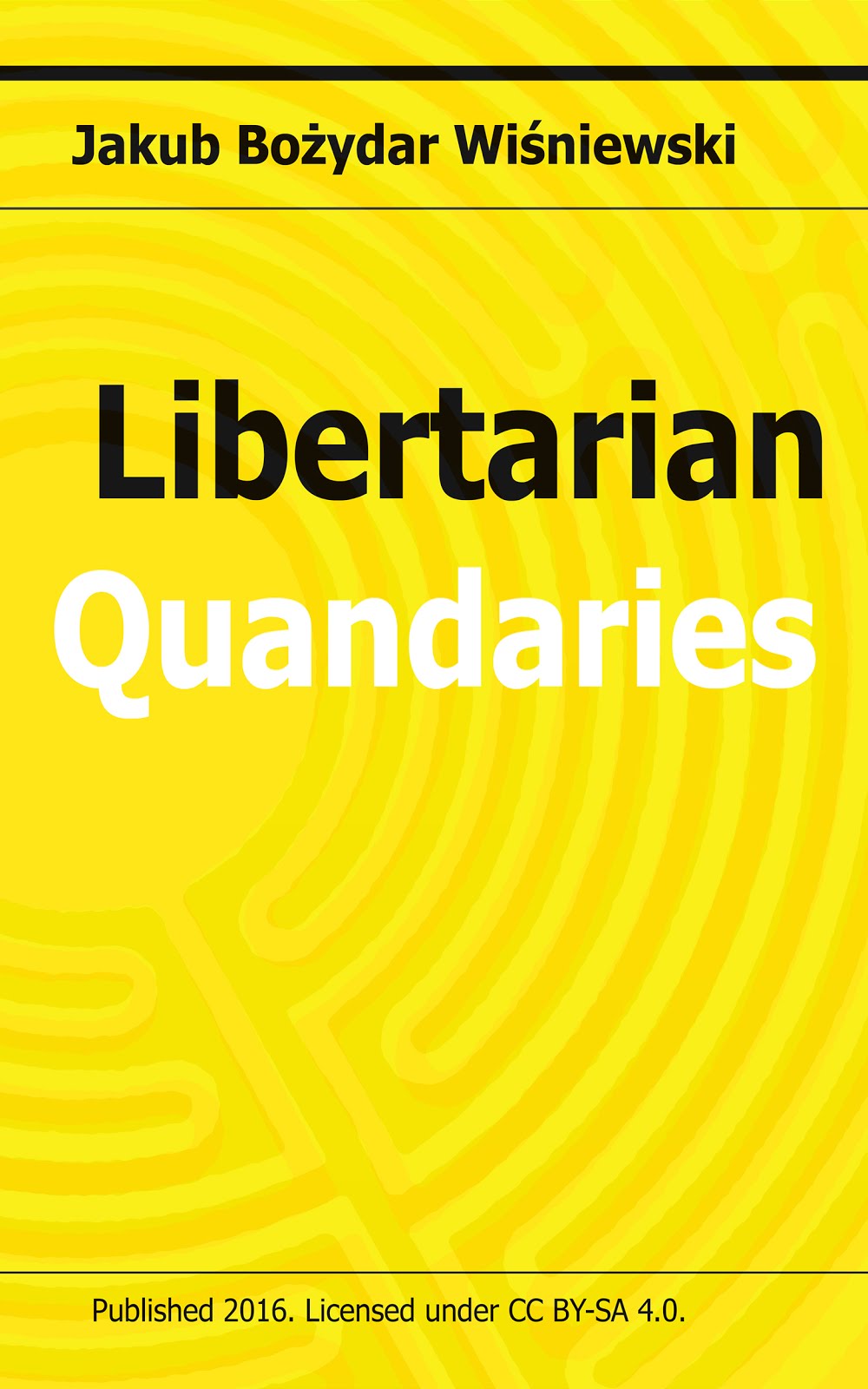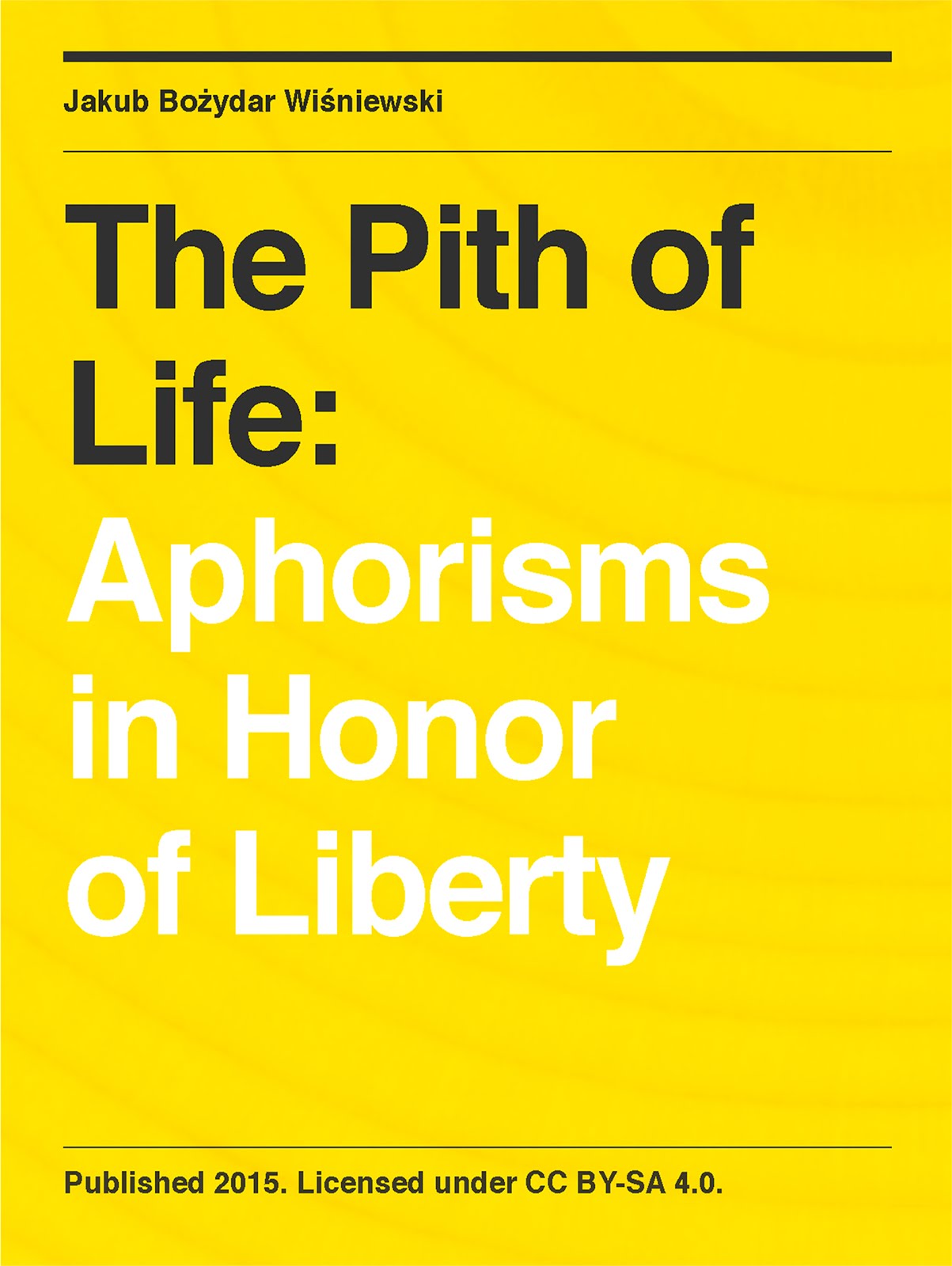Wednesday, February 2, 2011
Bastiat's definitional precision
While I always liked it, I recently came to the conlusion that Bastiat's definition of the state as "the great fictitious entity by which everyone seeks to live at the expense of everyone else" is not only pithy and memorable, but also perfectly precise, more accurate in the strictly logical sense than any other definition of the state I am familiar with. Surely, the state is not just a piece of land - when someone says "the state ought to give me X", he is not appealing to a personified geographical area. The state is not the society either, since individuals and social groups can, and often are, condemned by others as "the enemies of/traitors to the state". Nor is it the state bureaucracy or the political class, since these too can be easily excoriated as "working against the interests of the state". What is the state, then? It is an idea, whose specific content depends on who makes an appeal to it, but whose form is always that of an otherwise unspecified entity whose legitimate job is to enforce one's coercive claims on the property of others. Hence, in the strict ontological sense there is no state, but it shouldn't surprise us that that does not prevent there being legions of statists.
Subscribe to:
Posts (Atom)


